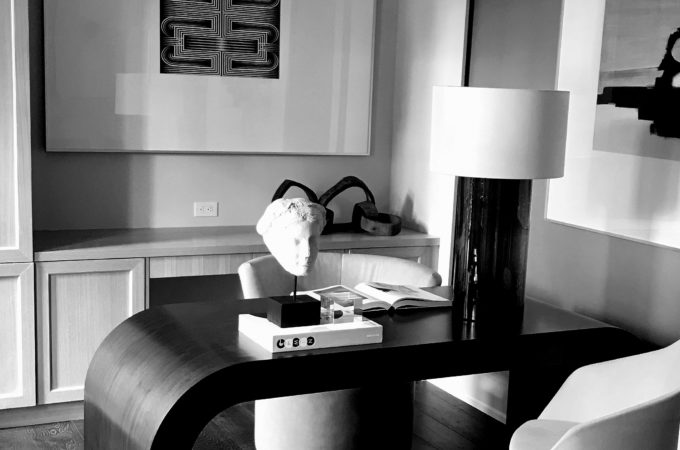Some stuff happened, and now people are fighting about what exactly happened. To find out what happened, evidence is needed. In estate litigation, there are special principles and rules of evidence along with the usual ones to be considered. The recent case of Koutsovasilis v. Carreira, provides a useful summary…
Category: Credibility
Kira Domratchev, Associate Gowling WLG (Canada) LLP I recently came across an interesting decision of the Ontario Superior Court of Justice where the Court used the doctrine of a resulting trust to reach an outcome on a series of events that left a creditor unable to collect an outstanding costs…
In my last blog, I described the Court’s expectation for confirming a finding of incapacity: namely, that compelling evidence is required to override the presumption of capacity. Such evidence may include corroborative information. However, the Court has warned assessors to be alive to the presence of improper motives of informants…
A recently released decision, Giann v Giannopoulos, 2023 ONSC 5412, provides clarity on a question that frequently arises in estate litigation: what information is a party entitled to from the deceased’s personal records and documents? This case, heard by Justice Myers of the estate list in mid-September this year was…
Today’s Blog Post was written by Gabrielle Arbic-Lloyd, Student-at-Law at Fasken LLP In February, the Ontario Court of Appeal ordered one spouse to pay the other more than one million dollars in costs in addition to spousal and child support. So what motivated the Court to order this spouse to…
This blog contributed by Mohena Singh, Associate @ Fasken LLP A long-time practice of estate planners has been preparing multiple wills for clients to minimize the amount of estate administration tax an estate must pay. The general idea of a primary and secondary will is to exclude property that does…
If alleging contempt, more than hearsay evidence is required.
Motions and applications rely on affidavit evidence – written statements sworn under oath. This is in contrast to actions, where evidence is provided by live witnesses who are examined or cross-examined in court (this is what you see on TV dramas). Relying on affidavit evidence translates into less time spent…
Many of us in the estates and trusts world have encountered a situation where a client or party has alleged that a signature or handwritten note is forged. The evidence of a forensic document examiner, or handwriting expert, is sometimes led to assist a party in establishing that the signature…
In will challenges, it is common to seek the disclosure of the testator’s medical records for the period around the time the will was signed. The medical records are directly relevant to the question of whether or not she had the requisite capacity to sign the will. While the testator…







